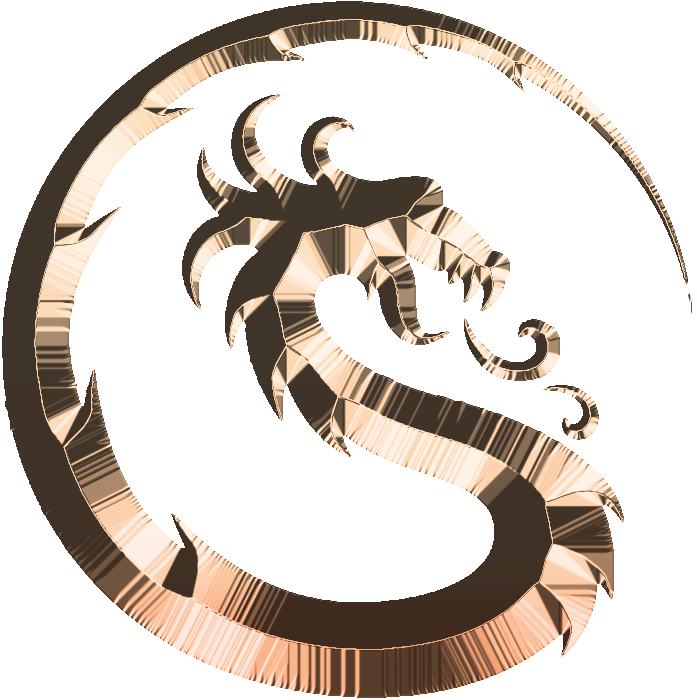While perusing Amazon’s bestseller list for Historical Fantasy some time ago, I came across The Master’s Apprentice: A Retelling of the Faust Legend by German author Oliver Pötzsch. What I discovered upon reading it was an astounding tale supposedly based on the real, historical Doctor Faustus who inspired both Christopher Marlow and Goethe.
The book begins with a first line that rivals that of The Pillars of the Earth: “In the fall that the children disappeared, the jugglers came to town.” Ominous, right? Amazon categorizes the book as historical fantasy, but at times, it borders on a horror tale that reads nearly as well as Stephen King’s ‘Salem’s Lot.
The story follows the life of Johann, nicknamed Faustus by his mother because he was born under a lucky star. At least that’s what she was told by a mysterious young sage of a man who might have been Johann’s real father. This is the first of several mysteries woven throughout this tale.
The novel begins, however, when Johann is a young boy, and a traveling troupe of jugglers and fortune tellers comes to Johann’s village. There, Johann meets a magician named Tonio del Moravia, who takes an unusual interest in him. Whether Tonio is the literal devil of this tale is the biggest mystery in the book. But it’s telling that his pet ravens are named Baphomet, Azazel, and Belial.

Eight years later, Johann is living a comfortable life in his village, in love with his childhood girlfriend, Margarethe. But the story of Faust has always been a tragedy, so things go badly for Johann rather quickly. Eventually, he ends up as Tonio’s apprentice, and his whole life begins to head down a very dark road.
From Tonio, Johann learns parlor tricks to make money from the gullible townsfolk who watch Tonio’s performances. Though Johann soon discovers Tonio’s collection of forbidden books — tomes about real magic. Soon, it becomes apparent that Tonio might not be some purveyor of cheap tricks but an actual sorcerer instead. Even more, everywhere Tonio visits, children go missing.
At times, The Master’s Apprentice is quite dark, and even Johann, who starts out as a sympathetic character, becomes less likable along the way. But what else would you expect from a story based on Goethe’s Faust? Fortunately, the darkness gives way to light, and Pötzsch gives us an unexpected tale of redemption in the end.
The novel is quite unpredictable, and Pötzsch pulls off at least two mind-blowing plot twists. He also takes the reader on an adventure through the German Empire and Rennaisance Venice. And it’s set during the lifetime of Leonardo Da Vinci, whose works come up often in the novel and who promises to be a significant character in the sequel, The Devil’s Pawn.
Overall, this novel was a more than pleasant surprise. Pötzsch is an author of considerable talent, and I’d rate his storytelling up there with Ken Follett’s Kingsbridge series. Also, as I mentioned, there’s a good deal of Stephen King-like horror-telling in the book, and Pötzsch pulls it off masterfully.
If all we had was the story, The Master’s Apprentice would be a great read. But the author’s note at the end is absolutely fascinating. It explains how Pötzsch learned that Faustus was a real, historical person who inspired the legendary character brought to life by Marlow and Goethe. On top of that, Pötzsch includes a list of quotes from Goethe’s Faust that he has hidden throughout the novel. It almost made me want to re-read the book just to find them.

